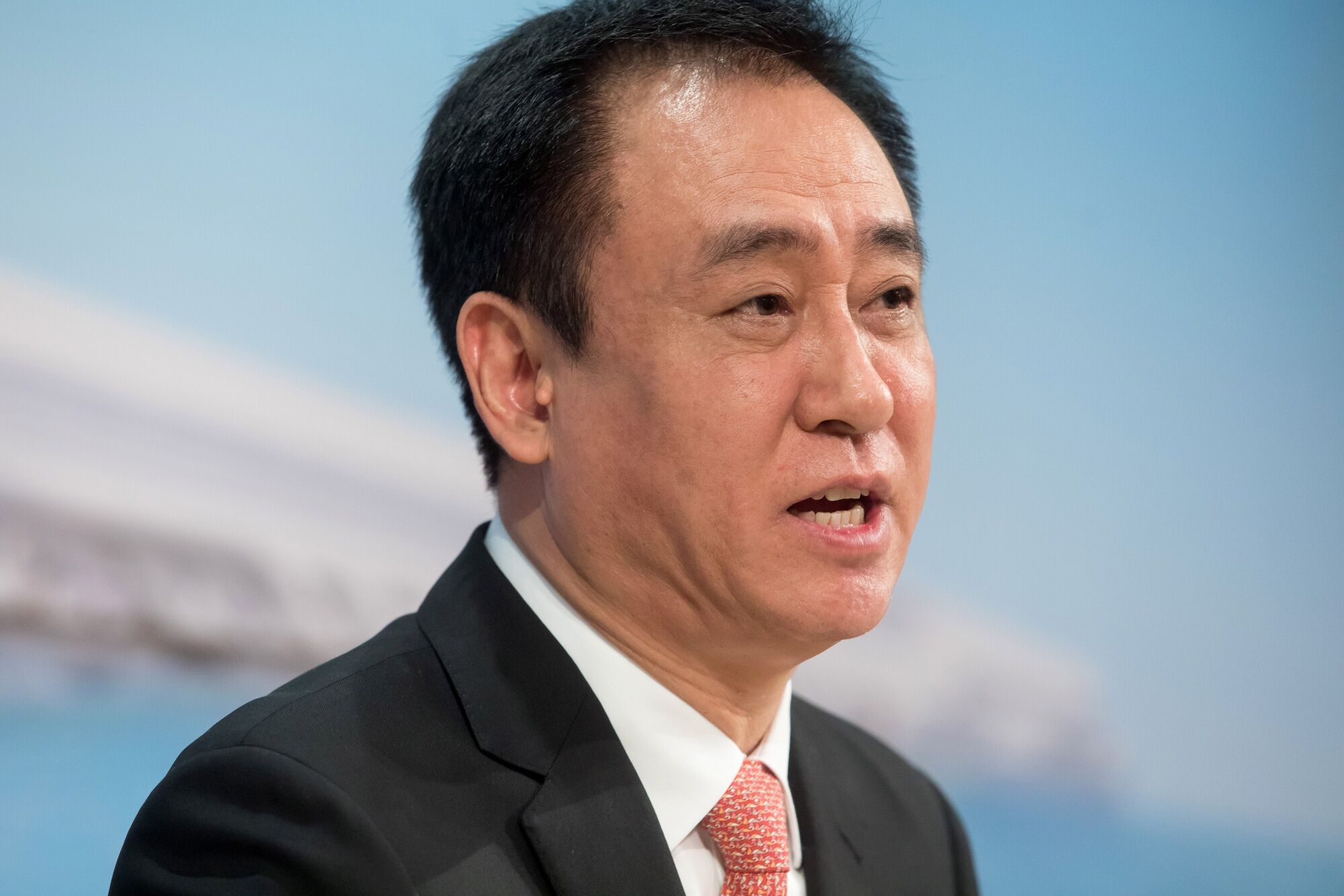The consensus among analysts and money managers based in Hong Kong and mainland China is that China's property sector has not yet experienced the worst of the crisis, which has cast a shadow over the nation's economy and contributed to a global exodus of funds from the world's second-largest stock market.
In an informal survey conducted by Bloomberg News, nine out of 15 respondents expressed this view, with six of them identifying housing woes as the primary risk for equities in the final quarter of 2023. Geopolitical tensions emerged as the second most significant concern.

These results underscore the deteriorating condition of China's real estate industry, as policymakers remain hesitant to implement more aggressive stimulus measures that could potentially exacerbate long-term financial risks. The sentiment has worsened recently due to concerns about liquidity and weak housing demand, leading to a 12-year low in a Bloomberg Intelligence gauge of property stocks.
Despite pessimism surrounding the property sector, investors are generally optimistic about the overall market due to recent policy support measures and attractive valuations. Approximately 70% of the respondents mentioned they plan to increase their stock positions in both onshore and Hong Kong markets.
"We are in the worst of this cycle and we are not out of the woods yet. It's going to take a long time for the current property crisis to be over," said Kenny Wen, head of investment strategy at KGI Asia Ltd., emphasizing that until the property crisis is adequately addressed, stock market sentiment is unlikely to recover significantly.
The recent disclosure regarding potential crimes involving the chairman of China Evergrande Group and the ongoing struggle of Country Garden Holdings Co., a formerly prominent developer, to prevent a public bond default, add to the uncertainties faced by investors.
The benchmark CSI 300 Index for onshore Chinese equities has seen a decline of 4.7% so far in 2023, putting it on track for an unprecedented third straight year of losses. This decline has lowered the gauge's valuation to 10.8 times its estimated earnings for the next 12 months, nearly two points below the five-year average.
More than half of the respondents in the survey regard equities as the best investment option at present, outweighing cash or commodities. Nine out of 15 respondents also dismissed the need for state-backed funds to support the market in the fourth quarter.
The CSI 300 is predicted to reach 4,100 by the end of the year, according to the median forecast of the survey, implying a potential gain of approximately 11% from the latest close. The Hang Seng Index is expected to reach 20,500, indicating an upside of around 15%.
Despite recent net sales of about 37 billion yuan ($5.1 billion) of mainland China stocks by foreign investors in September through trading links with Hong Kong, and the slump of the onshore yuan to its weakest level since December 2007 against the dollar, less than a third of those surveyed expect fund flows via the so-called Stock Connect program to turn negative on a net basis for the year.
"Yuan assets, especially A shares, are currently very cheap and many pockets of the market are oversold," stated Zhu Houzhong, a fund manager at Shanghai Youpu Investment Co., expressing optimism about the market.
Inspirer by: Bloomberg News